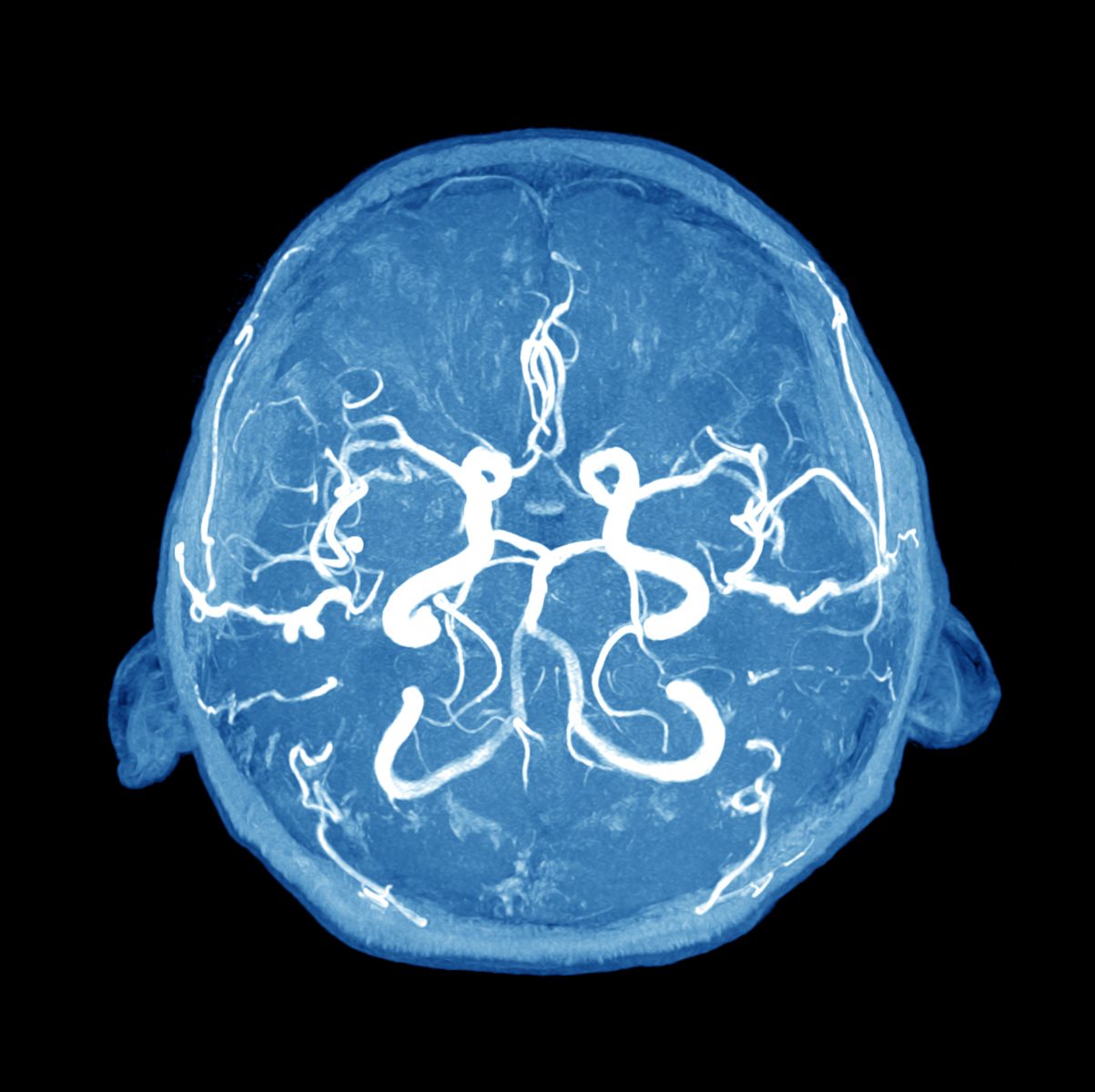Huntington’s Patients Often Also Suffer from Psychiatric Disorders

Psychiatric manifestations develop more often than previously thought in Huntington’s disease prodrome, according to findings of a recent study published in The American Journal of Psychiatry. Moreover, it appears that symptoms also increase with disease severity.
Early features of Huntington’s disease can include personality changes, mood swings, fidgety movements, irritability and altered behavior, although these are often overlooked and attributed to something else. To better understand the progression and longitudinal course of psychiatric symptoms in patients carrying the Huntington’s disease mutation, in the study entitled “Longitudinal Psychiatric Symptoms in Prodromal Huntington’s Disease: A Decade of Data,” Dr. Jane Paulsen, from the Departments of Psychiatry and Neurology, Carver College of Medicine, University of Iowa, and colleagues used longitudinal assessment measures for up to 10 years of psychiatric indicators from the Symptom Checklist–90–Revised (SLC-90-R) in 1,305 participants (1,007 patients carrying the Huntington’s disease mutation, 298 controls without it; 1,235 companions were also assessed).
Participants were part of the longitudinal Neurobiological Predictors of Huntington’s Disease study (PREDICT-HD), which was conducted in 33 research sites across six countries (the United Kingdom, Canada, the United States, Germany, Australia and Spain). Eligible participants were tested for the Huntington’s disease gene mutation, and those who carried it were categorized into three clusters according to likelihood of motor diagnosis within five years.
The team examined the differences in psychiatric symptoms at baseline and over time between the mutation-positive groups and the controls, with the results demonstrating that 19 of 24 psychiatric assessments were higher at baseline and revealed a longitudinal increase in patients carrying the Huntington’s disease mutation when compared to controls.
“The results reported here provide initial information regarding psychiatric symptoms that occur in individuals who will develop Huntington’s disease and the importance of obtaining assessments from companions. This is critical to consider in future studies that assess behavioral manifestations and psychiatric symptoms, including those that investigate their underlying pathophysiology in Huntington’s disease and in therapeutic trials, as well as clinical assessment and management of persons who will develop Huntington’s disease,” the researchers concluded.






